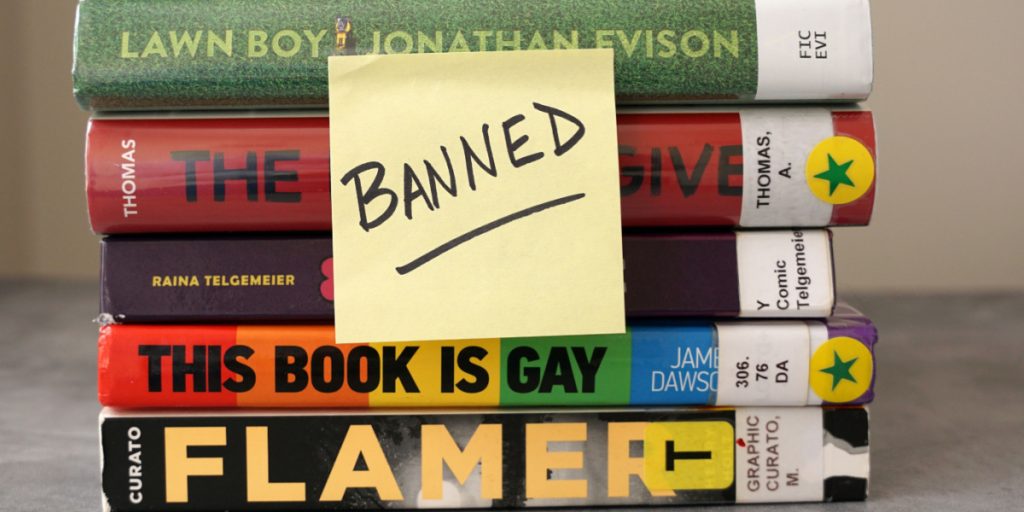Russian online retailer removed over 250 books due to laws against “LGBT propaganda”.
Others are reading now
Russian online retailer Megamarket has pulled over 250 books from its shelves, citing violations of the country’s law against “LGBT propaganda.”
This action has affected titles by globally celebrated authors like Stephen King, Haruki Murakami, Marcel Proust, Oscar Wilde, Stefan Zweig, and even includes “Netochka Nezvanova” by Russian novelist Fyodor Dostoevsky, as reported by BBC News Russia and Kommersant.
The Making of the Banned List
Megamarket’s press office disclosed that the decision to create a list of prohibited books was made in December 2022, initiated by the Association of Internet Commerce Companies (AKIT).
Also read
This effort was part of a broader move to identify “banned literature” in Russian bookstores.
Despite this, Artem Sokolov, president of AKIT, later labeled the list as “outdated,” stating it was compiled before the “LGBT propaganda” ban was officially enacted.
“The industry wanted to visually demonstrate what could fall under the law if clear criteria had not been developed. Right now, this list is outdated – it has no relevance to reality,” Sokolov explained.
Government Responses
Russia’s crackdown on “non-traditional sexual relationships” began in earnest in 2013 with a law aimed at minors.
This expanded in late 2022 when President Vladimir Putin signed a bill extending the ban to include “LGBT, paedophilia, and gender identity propaganda,” with hefty fines for violations.
The law initially targeted information that could be seen as promoting “non-traditional sexual relationships” to minors and later broadened to restrict such “propaganda” across various media, including the internet, books, and films.
In a notable move in November 2023, Russia’s Supreme Court banned the “international LGBT movement,” declaring it extremist.
The Ministry of Justice cited reasons including the creation of social and religious hostility as part of its rationale for this designation.


